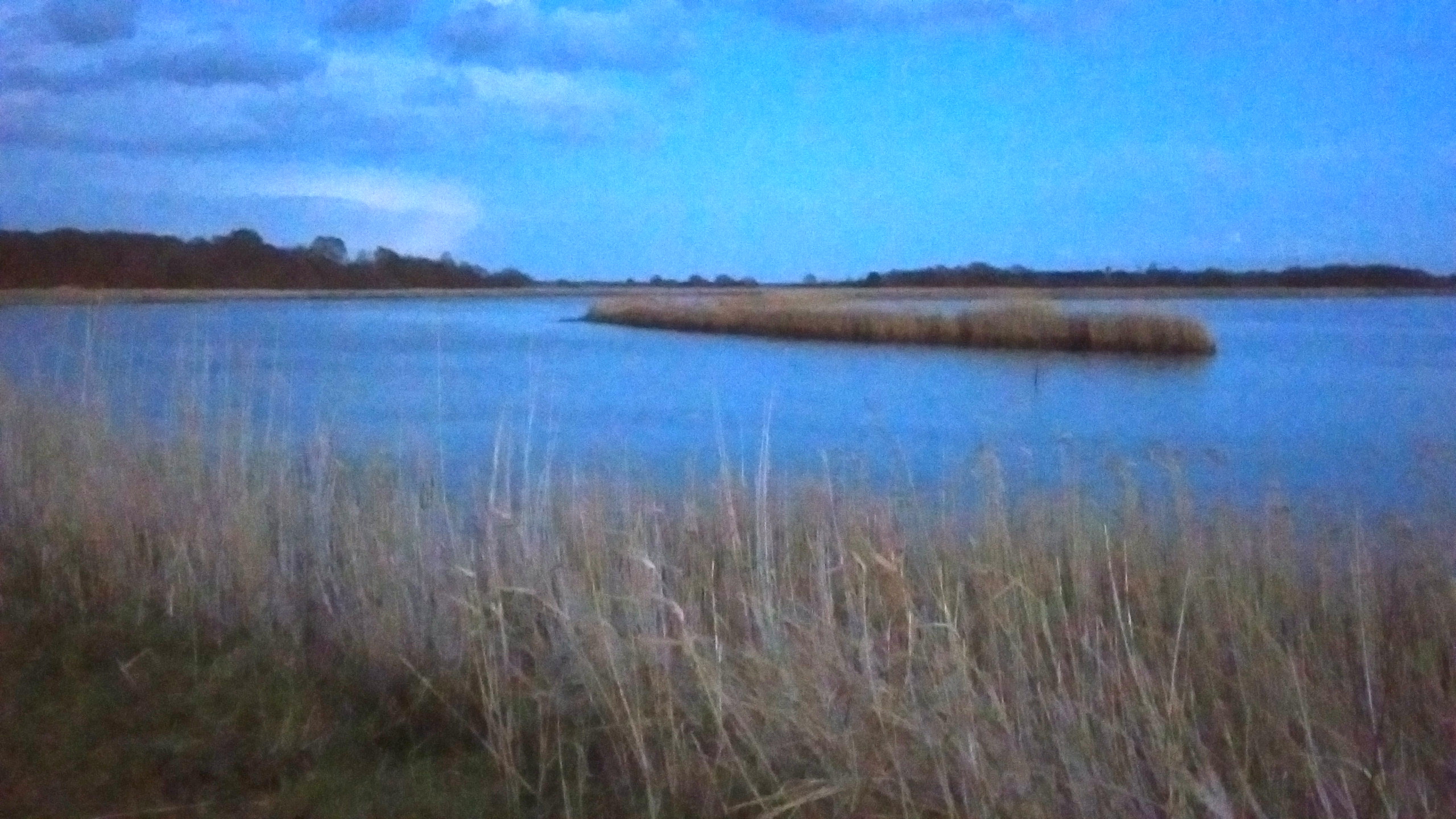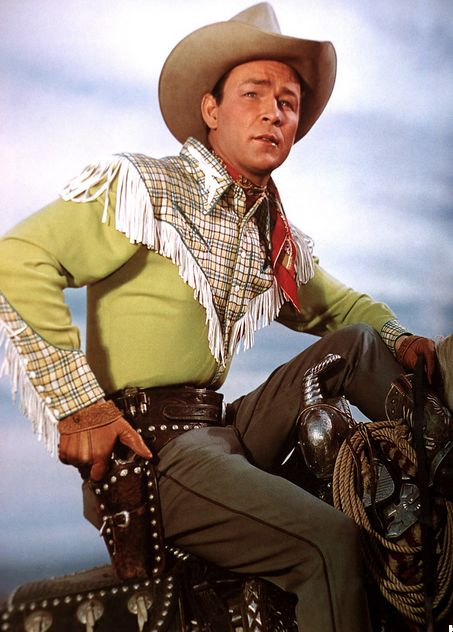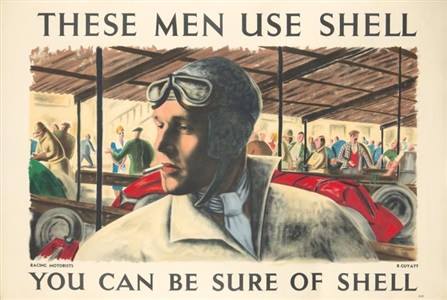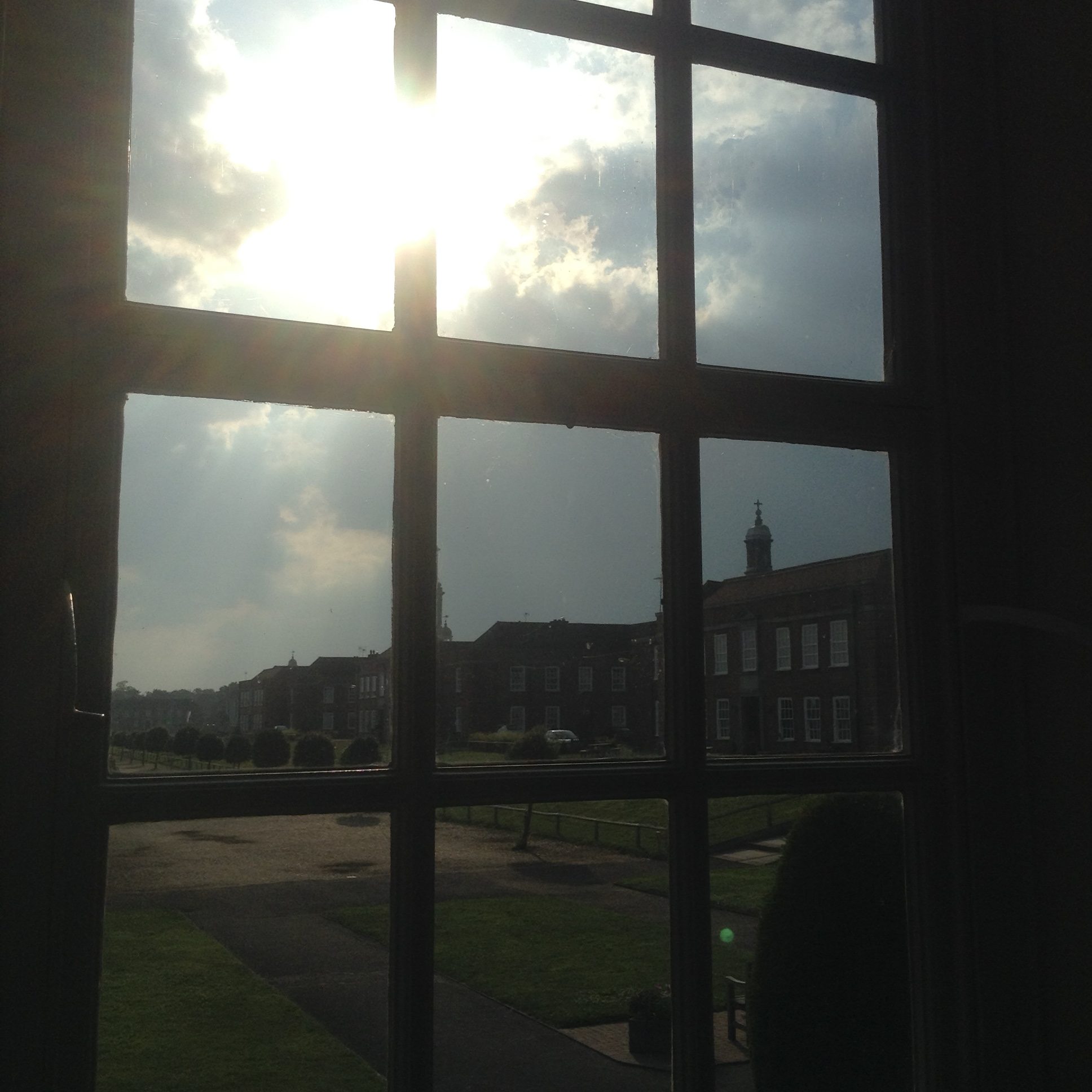Unsurprisingly, I had an argument on Facebook with a ridiculous pro-Brexit racist who sincerely believed that a) there was such a thing as ‘pure English’ and b) that Anglo in Anglo-Saxon meant English, rather than Angles, Saxons, Jutes, Frisians and Franks. Just about anybody with a boat and an axe, really. And predominantly from the Low Countries, before they were called that themselves.

Just as a little history lesson, for those who bafflingly don’t know, if there was any such thing as ‘pure’ English – actually no.
You can’t even start from there. If there was something English then there would have to be an England, and until after the Romans, who left about 400AD, there wasn’t a single kingdom. There wasn’t until only a short while before the Norman Conquest in 1066. The Danes, or Vikings, if you prefer, had invaded whenever they felt like it since about 800AD. They even invaded the same week as the Normans and again just afterwards.
In 865 they landed in East Anglia to take the four Anglo-Saxon kingdoms of Mercia, West Sussex, Northumbria and East Anglia. In 1013 Aethelread the Unready was defeated by Sweyne Forkbeard. Not the most notably English name, not least as he was Danish. Sweyne died in 1014, but Canute got his throne back in 1016. He was Danish, too.
Just fifty years before the obviously French Normans obliterated the Anglo-Saxon world, it was already obliterated. Except even the Normans weren’t really Norman. They were Danes too, who’d got there just fifty years before. And it wasn’t just East Anglia. The Danes got as far as Shropshire. Which in England is pretty much as far as there is to go. They weren’t kicked out of Scotland until 1263. Even then they had to be bought off.
Since then we had the Welsh Tudors, Plantagenets I know almost nothing about and William and Mary who were Dutch, long before the current crop of Saxe-Coburg Gothas. From Germany. Since George I, who died without bothering to learn any English, because he was the king anyway, so who cares?
It’s not exactly ‘pure,’ Englishness. It used to stand, ideally, for tolerance. And cricket, of course, the only professional sport where you can drink tea during the match as a player, not just as a spectator. And church clocks and bells and mists and mellow fruitfulness. And honey still for tea, obviously. But none of it pure, apart from the honey, in any sense that would appeal to people who talk about these things usually without being able to state with any certainty who their own father was.
And the wake? Not a wake for those things. The wake meant ‘the watchful.’ Hereward, our very own East Anglian rebel, the anti-Norman freedom fighter, the man who shares Robin Hood’s stories for the very good reason that Robin Hood’s stories were adapted from the tales of Hereward, a hundred years earlier.
Unlike Robin, Hereward was very much a real person, documented in three separate Anglo-Saxon sources including the Anglo-Saxon Chronicle, which isn’t of course to be confused with the Bath Evening Chronicle, nor even the Western Daily Press.

Hereward’s story is something I’m working on now. Someone had said wouldn’t it be great if there was an English Game of Thrones? And even better if it was in East Anglia. And of course, there was. Just that most people have never heard of him. I can’t work out why. But then, just lately facts about what it is to be British have become much less important than fantasies. And we’ve all had enough of experts now.
Draft One was done in a week, with 70 pages down. It was ok in parts but it wasn’t doing all the things it needed to do. So I’ve got to do it again. Bits are salvageable, but not many. And I am very, very tired. Not of doing this, but because of this. So for tonight at least, I think I need to sleep. Early, deep and long.















